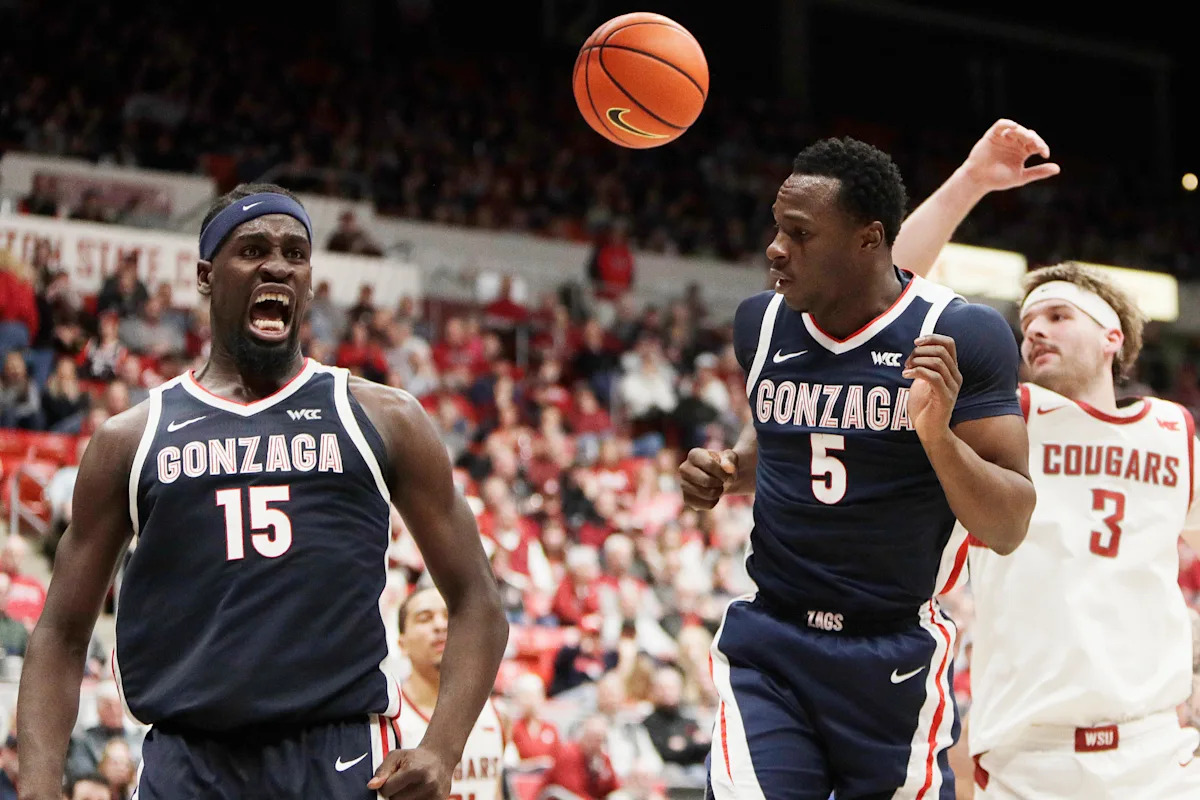Forget the hype about exposure and exposure events. Development (getting better!) is what will get you to college baseball.
Want to hear the audio version of this blog post? Just click play below!
If you were the best high school player in the country and had excellent grades and test scores, do you think it will be difficult to get recruited? No! It would be easy and inexpensive because you have everything that college coaches look for in a recruit. Every college coach will want you on their team and they will pursue you. Your recruitment would consist of connecting with coaches at the schools that fit your criteria and figuring out which is going to give you the best chance at your desired college baseball experience.
The lesson in this scenario? Better skills mean more interest. More interest means better options. Development (getting better), not exposure, is the key to being recruited, because developing college-level skills are necessary to create meaningful exposure and generate serious interest from college coaches in the first place.
Below, we explore this idea in more detail and look at why so many college baseball hopefuls are falsely led to believe exposure is the key to being recruited to play baseball in college.
The “All Exposure Is Good Exposure” Myth
Those who make money off of exposure events want you to believe that exposure equals recruitment. The term “exposure” is used as a marketing catch-phrase falsely synonymous with being recruited. When recruits and parents are led to believe that exposure alone will lead to recruitment, they will continue to spend increasing amounts of money to attend “exposure” events. This spells big profits for companies looking to make money, and costly mistakes for well-intended recruits and families, who just want the best shot at fulfilling college baseball dreams.
Exposure alone isn’t necessarily a good thing. The use of exposure in a non-baseball scenario will paint a useful picture. Imagine a family outing to the snow where everyone is dressed appropriately, is prepared for colder weather, and there’s a warm cabin to shelter in when the blizzard comes. Sounds like fun, right? Now compare that to an unprepared family caught in the same blizzard while driving through the mountains. They are exposed to the same harsh elements, but their experience is much different. Quite the contrast, isn’t it?
Like the snow scenario, a developed prospect with skills and the physical maturity that college coaches are looking for and a prospect who doesn’t have college-ready skills and physicality will have much different experiences when being evaluated and scrutinized by the same college coaches at an exposure event. Seeking the same type of exposure will produce two very different results for each player. It’s clear to see which type of prospect you want to be and why developing these college-ready tools and skills is a precursor to meaningful exposure to college coaches. Prospects who are unprepared or do not possess the skills, tools, or physical traits that college coaches want are ignored or crossed off recruiting lists.
Exposure is the Easy Part
Invest in Development
If you have financial resources to invest, you should invest in your development (getting better and stronger!), because having developed skills leads to easier, cheaper, and more effective exposure and interest from college coaches. Yes, you do need to eventually get in front of college coaches and show them what you can do. But, you should do this when you have developed a recruitable skill set. Put your time and effort into getting better and it will not only give you the best chance at making it to the next level, but also save you from wasting money on premature or unnecessary exposure.
Creating Your Development Plan
With the amount of quality baseball resources available for free, your development as a player depends more on your motivation and willingness to put together a good plan than how much money you have in your wallet. Your development plan should target improvement in many areas, including baseball/position specific skills, strength and conditioning, academics, and the mental game. We suggest starting right here on the KPB website.
As you can see, your development as a player doesn’t have to be expensive. You may have to find ways to creatively implement ideas, but the information is out there and that is part of the fun. If you need more suggestions, send us an email or message us on Twitter. We are always there to help!




















/SI202601151081.webp?ssl=1)

